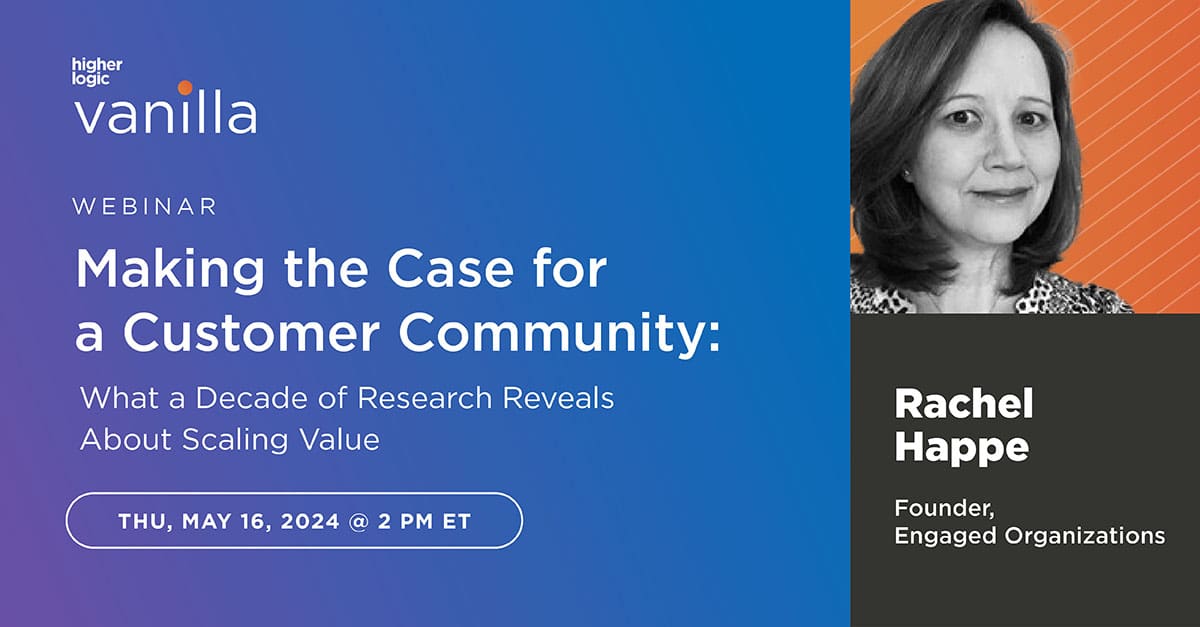Product Community vs. Support Community: Which Is Better?
Is a product community or a support community the right approach for you? It can be difficult to figure out which type of community is the right fit, and choosing between doesn’t always mean you’re stuck with it forever. Remember, you can start with one type of community and scale up when you are more established.
What is the difference between them, and which could be better for you?
The Product Community: The Hard Sell Approach
A product focused community will typically have a lower tolerance for off-topic discussion than a support community. These communities will normally be focused on support, product questions and discussions with existing owners. The main selling factor of these forums is aspirational: a prospective customer can read about your product, interact with existing owners and begin to develop a Gollum/One Ring style relationship with it.
An excellent example of a product community is Xamarin. They wanted to create an experience for their developers; to expand their communication with them and create a unique space for them to be recognized. Moving the developers from a mailing list to a community was not super easy, but in the end the community was a huge success.
The sheer amount of product feedback they were receiving made it all worth it. They were able to directly address any opinions or complaints. Overall, the constructive feedback they received through their product community helped them to grow as a company.
So are there downsides to choosing a product community? For one, it relies heavily on the quality of your user-generated content; a strong corporate voice in your community will be a seriously negative force. Your members will want to feel like part of a community, not a PR exercise.
This product-focused approach is also heavily dependent on the quality of your product. In times of plenty, when your user base is energized and excited, the content they create is likely to be extremely positive. If your customers or developers are unhappy, the focus and enthusiasm of one of these communities can be difficult to manage.
You can actually use this to your benefit though, as Xamarin exhibited, using negative feedback and creating constructive conversations from it can be an excellent approach to your community and the value it brings to your company.
The Support Community: The Soft Sell Approach
Support communities take a more balanced approach to product allowing a wider variety of topics and user-generated content in order to build a community of buyers over a longer time frame.
A more nuanced approach to community leaves a lot of tricky decisions for the team responsible for it. Should you prevent users from talking about competitors? How aggressively? When is the right time to bring up your product?
King has mastered the support community. On implementing a community, there were massive increases in customer posts and engagement. In fact, the King community has seen a 145% increase in posts!
King used features such a gamefication, ideation, and customizability to reflect their unique personality and fans absolutely love it. The choice to use a support focused community was the right choice for King, all of their metrics started trending up, and as a result, they saw a massive deflection in support tickets.
Choosing the Right Approach
There isn’t a one-size-fits-all approach to community that is guaranteed to work for your company, and there are a few things you should consider before deciding what kind of community you want to have:
-
What kind of branding does your product already have? Do you want your community to reinforce it, change it or grow it?
-
What kind of return are you looking for on your investment? Is a community a running expense, or do you need it to turn a profit?
-
How long are you going to be running your community for? Do you want it to still be around in ten years (maybe with some of the same users) or is it tied to a short-term product launch?
There’s no perfect solution, and the best laid plans of any community manager rarely survive first contact with their user base. That said, taking time before launch to figure out what your need from your forum is the first step in getting what you want from it.


